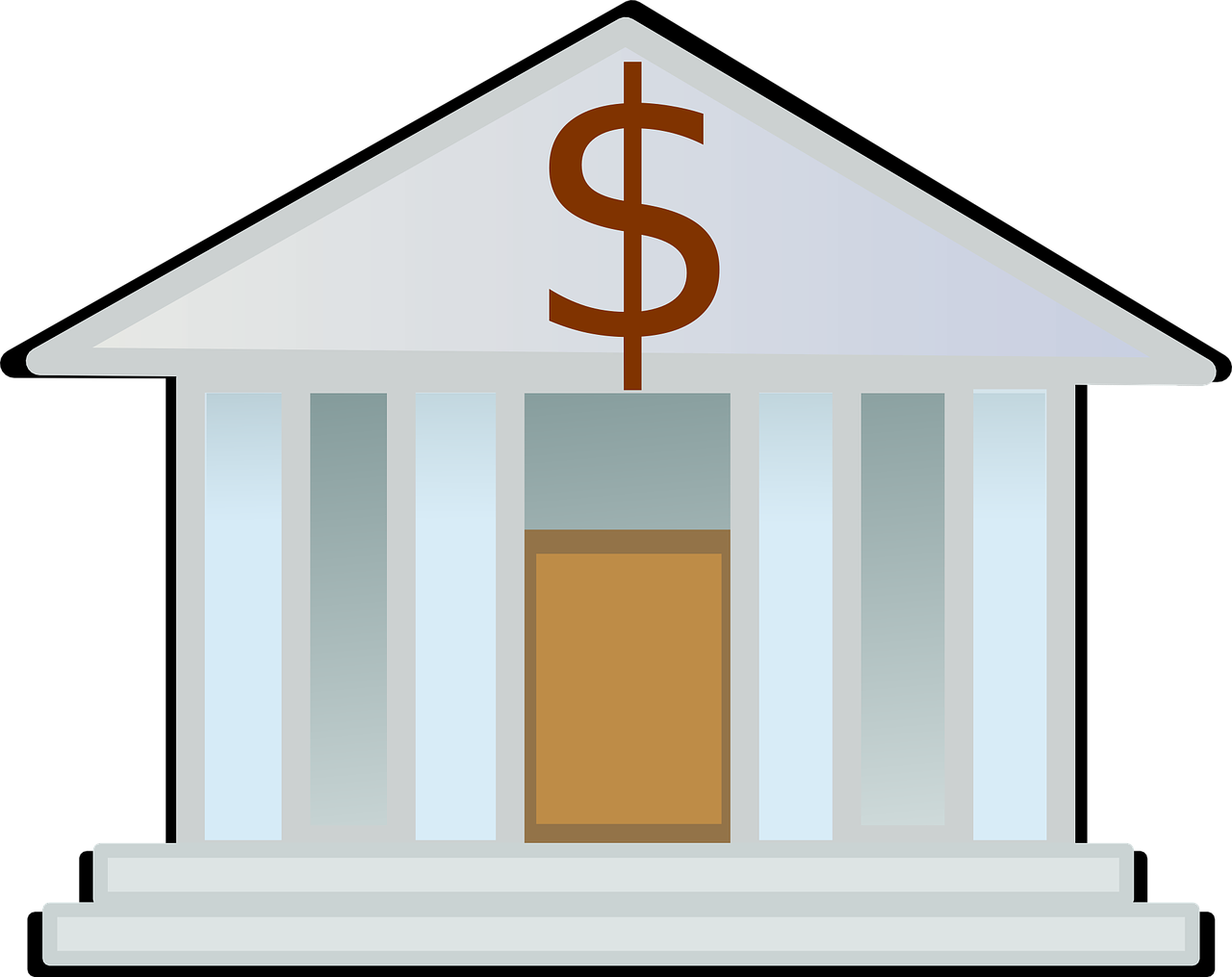
What is a REO Property?
An REO property, also known as a bank-owned property, is a real estate asset that has been returned to the lender after an unsuccessful sale at foreclosure auction. REO stands for “real estate owned” and occurs when the foreclosure process is completed and the previous owners have been evicted from the home. When no private buyer purchases the home during foreclosure proceedings, it becomes an REO property and is now owned by the lender or bank.
The condition of an REO property can vary greatly depending on how long it has been vacant and who previously lived in it. Generally speaking, most REOs are sold in “as-is” condition which means that any repairs or renovations needed must be done by the buyer. This often makes these properties appealing to investors looking for inexpensive properties with potential for appreciation over time.

Before You Search for REO's
Before you begin your search for an REO property, make sure you have a thorough understanding of the process. Many lenders want these properties off their books as quickly as possible, so you need to get prepared and make your offer as soon as possible. Your best bet is to use a real estate agent with experience with REO properties. They can help you find the perfect home for you, structure your offer, and help you calculate the cost of repairs. They will also be able to streamline the buying process.
The process of buying an REO property differs slightly from a traditional foreclosure. The bank will often hire a real estate agent or REO specialist to sell the property. The bank's main goal is to sell the property for the market value, so they will reject low-ball offers. Regardless of whether you are buying a foreclosed home or a property with an REO, it's essential to take the time to research the property and network with those who have experience selling REO properties.
A special warranty deed is typically issued to buyers of an REO property. This warranty ensures that the current owner has the right to sell the property and that no legal issues exist with the title. This is important because it can help prevent potential title problems.

Why Would Someone Buy a REO?
REO homes may need extensive repairs. The previous homeowner may not have had the funds to keep up the property. Also, the foreclosed homeowner may have taken less pride in the home than you do. You'll also need to check for liens. The price of a REO home can vary widely, and you'll have to make sure that you're comfortable with the price.
Banks prefer to sell their REO properties in bulk. This saves them money and time. It also eliminates the risk of a fire sale, which can leave a property unsold. In addition, the property may be listed at market value instead of at a steep discount.
While it may seem like a great opportunity to make money, it's important to remember that foreclosures are not a good investment for everyone. Banks want to sell them as quickly as possible, but they also want to minimize their losses.

How to Buy Bank Owned Real Estate
If you're considering buying an REO property, you'll want to consult with a buyer's agent. Your agent will guide you through the REO process and let you know of any special requirements. He or she can also recommend a lawyer and an inspector if necessary. This can help you narrow down your options and find the best REO property for you.
First, you'll need to find a lender. Lenders are typically very hesitant to approve a mortgage without an inspection, which is why they often sell REO properties "as-is." This means that they sell them "as is" - meaning the buyer must assume the risk of damages and liens before taking possession of the property.
If you're an investor looking for investment property, an REO might be a good fit for you. While you don't need to do extensive rehab work on many of these properties, you'll want to do an inspection to make sure the property is in good condition. If there are any problems, the home inspector report can tell you about them. A thorough inspection can also help you bargain for a fair price.
Another way to avoid paying over the odds for an REO property is to shop around before signing a contract. Most REO properties are sold at a price below market value. This makes them attractive to buyers, as lenders lose money the longer they hold onto a property. Since they are sold "as is," they're typically sold with clean titles, which means prospective buyers can inspect the property before signing the contract. In addition, buyers can negotiate down payments, loan amounts, and interest rates to get the best deal.
If you're an investor, buying an REO is a great way to participate in real estate activities. Investing in REO properties can provide a lucrative profit margin. However, you should be prepared to pay more than the appraised value of the property. As with any property, there are a number of restrictions associated with buying an REO.
REO properties are often attractive to investors and homebuyers. The downside is that the foreclosure auction process can be overwhelming for buyers. If you're not prepared to take the time to shop around, you can easily get burned - so pacing yourself and finding the best deal can be important. This guide can help you understand the REO process and answer common questions.

How Fierce is the Competition to Buy an REO Foreclosure?
First, keep in mind that competition is high for REO properties. The federal government's foreclosure moratorium is soon to expire, and this may lead to a tidal wave of foreclosed homes. That means that you'll have to move fast. The average time for a foreclosure to be completed is thirty days.
Second, you need to understand how the market works. Understanding the current state of the market will help you identify opportunities and pitch them more effectively. You'll need to know how to deal with banks, and understand their unique monetary and oversight requirements. In addition, you must learn about the ins and outs of REO properties.
Conclusion
Buying an REO property can be a great way to invest in real estate. With banks willing to negotiate the price, buyers can get a good deal on an existing home. It is important for buyers to understand that there may be extra costs and repairs associated with these properties, but it could still be a worthwhile investment. Buyers should also make sure they are working with experienced professionals who know the REO process and how to navigate potential issues.
Remember, REO auctions are very competitive, and you must be prepared to counter-bid if the listing agent doesn't like the offer you made. Also, banks often make counter-offers, and you need to be prepared to act quickly.
This is a custom HTML / JavaScript Element
In order To See Your Custom HTML/JavaScript Code in Action You Must Click On The Preview Page Button, Your Code is NOT going to be active in the edit mode
 Add Row
Add Row  Add
Add 



